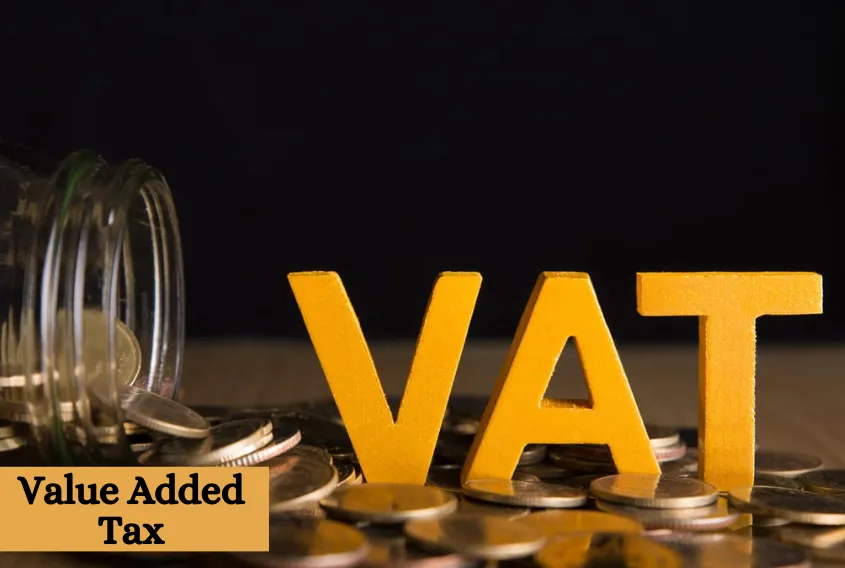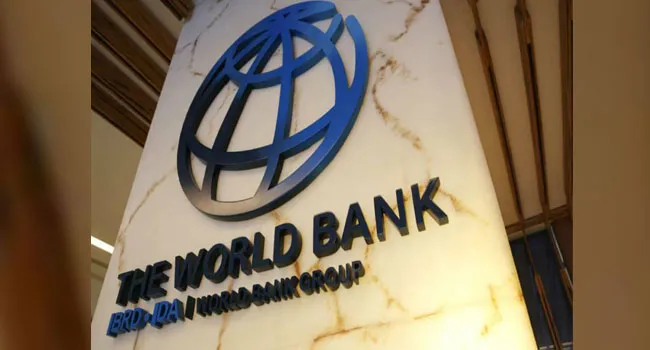The National Assembly is currently reviewing an executive bill that proposes a significant increase in Nigeria’s Value-Added Tax (VAT) rate, raising it from the current 7.5% to 10% by 2025. According to the bill, VAT will be further increased to 12.5% between 2026 and 2029, and ultimately reach 15% by 2030.
This development follows a statement made earlier this year by Taiwo Oyedele, chairman of the Presidential Committee on Fiscal Policy and Tax Reforms, in which he emphasized the need for a VAT rate hike. The proposed adjustments aim to boost government revenue amidst ongoing economic reforms.
Additionally, the bill introduces a reduction in the Corporate Income Tax (CIT) rate. The CIT will decrease to 27.5% by 2025 and further to 25% by 2026. Companies with an annual turnover of less than ₦20 million will be exempt from paying CIT, encouraging smaller enterprises to grow.
The bill also stipulates that companies with effective tax rates below 15% will need to recompute and pay additional taxes to meet this minimum threshold, particularly for multinational entities (MNEs) and companies with turnovers exceeding ₦20 billion.
If passed, these changes could have a considerable impact on businesses and consumers, reshaping Nigeria’s fiscal landscape.





